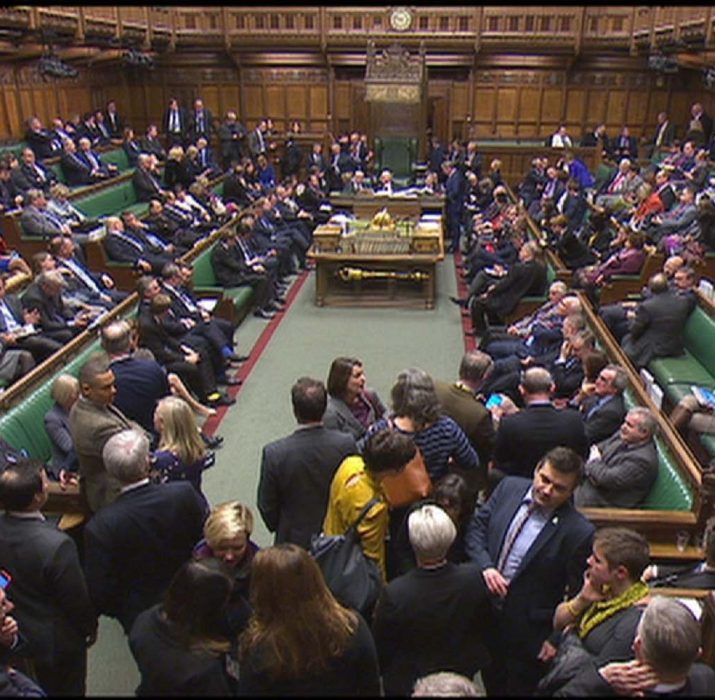MPs could be banned from having consultancy jobs like Owen Paterson’s under plans for a clampdown on sleaze being considered by the Commons standards committee.
The prospect of tightened restrictions on MPs’ second jobs is to be decided within weeks and could affect more than 30 parliamentarians earning between £180,000 and hundreds of pounds a year on top of their £82,000 salary.
It emerged ahead of an emergency debate on MPs’ standards and sleaze on Monday and amid ongoing fury over government attempts to protect Paterson and other lobbyist MPs. On Sunday a minister provoked a backlash from fellow Conservatives by dismissing the row as a “Westminster storm in a teacup”.
The Commons Speaker, Sir Lindsay Hoyle, is also expected to make an intervention, with one report claiming he is set to propose his own review of the standards rules for MPs, which have been in the spotlight since last week’s vote to stop Paterson being suspended from parliament for 30 days for breaking the rules on lobbying. Paterson quit his seat when the government U-turned.
The committee has yet to discuss what its final recommendations will be but one option being given serious consideration is a plan to bar MPs from having second jobs as political or parliamentary consultants. Bans of this kind are already in place in the House of Lords and the Scottish and Welsh parliaments.
MPs are currently permitted to work as consultants but are generally not allowed to lobby directly on behalf of the organisations they work for. Paterson was found to have broken the rules “egregiously”. While he said he thought his lobbying was covered by an exemption allowing it in the interests of exposing “serious wrong”, the standards committee concluded his lobbying went well beyond that.
The rule change being considered by the committee, which could force more than 30 MPs – the majority Conservative, and all but one of them men – to give up jobs they currently hold, would have prevented the row about whether Paterson was entitled to use an exemption because it would have stopped him working as a paid consultant in the first place.
The Committee on Standards in Public Life recommended a ban on MPs working as consultants in a report three years ago. It said: “Where MPs are engaging in paid political or parliamentary advisory or consultancy work, they are potentially perpetuating the public concern that MPs are using their public office for personal gain by taking on roles which they have only been awarded because they are an MP.
“Political advisory and consultancy services, which amounts to a minority of the outside work MPs undertake, risks tainting public perception of all MPs, in particular in relation to conflicts of interest.”
The emergency debate was requested by the Lib Dem chief whip, Wendy Chamberlain, and she said one of party’s demands would be for a rule change to stop MPs under investigation by the parliamentary commissioner for standards from being able to vote on disciplinary recommendations from the standards committee.
Last week Paterson was able to vote on his own suspension. And 22 Conservative who either are being investigated by the commissioner, or who have had complaints upheld against them were also able to vote – a larger number than the majority by which the government won.
“We have a Conservative government that is releasing sewage into our rivers and sleaze into our politics,” Chamberlain said. “It beggars belief that Owen Paterson was able to vote on his own suspension, while the votes of Conservative MPs currently under investigation were critical in passing Leadsom’s sleaze amendment. It’s the equivalent of defendants in a court case also taking part in the jury. We need to make sure those with a vested interest in tearing up parliament’s anti-sleaze rules don’t have the power to do so.”
